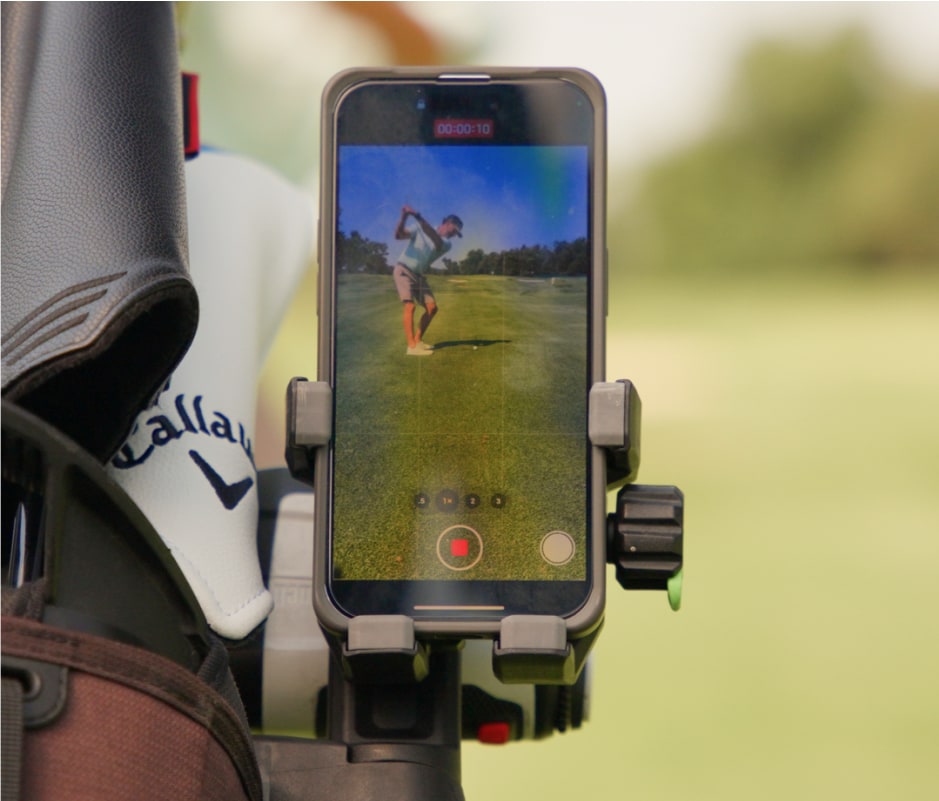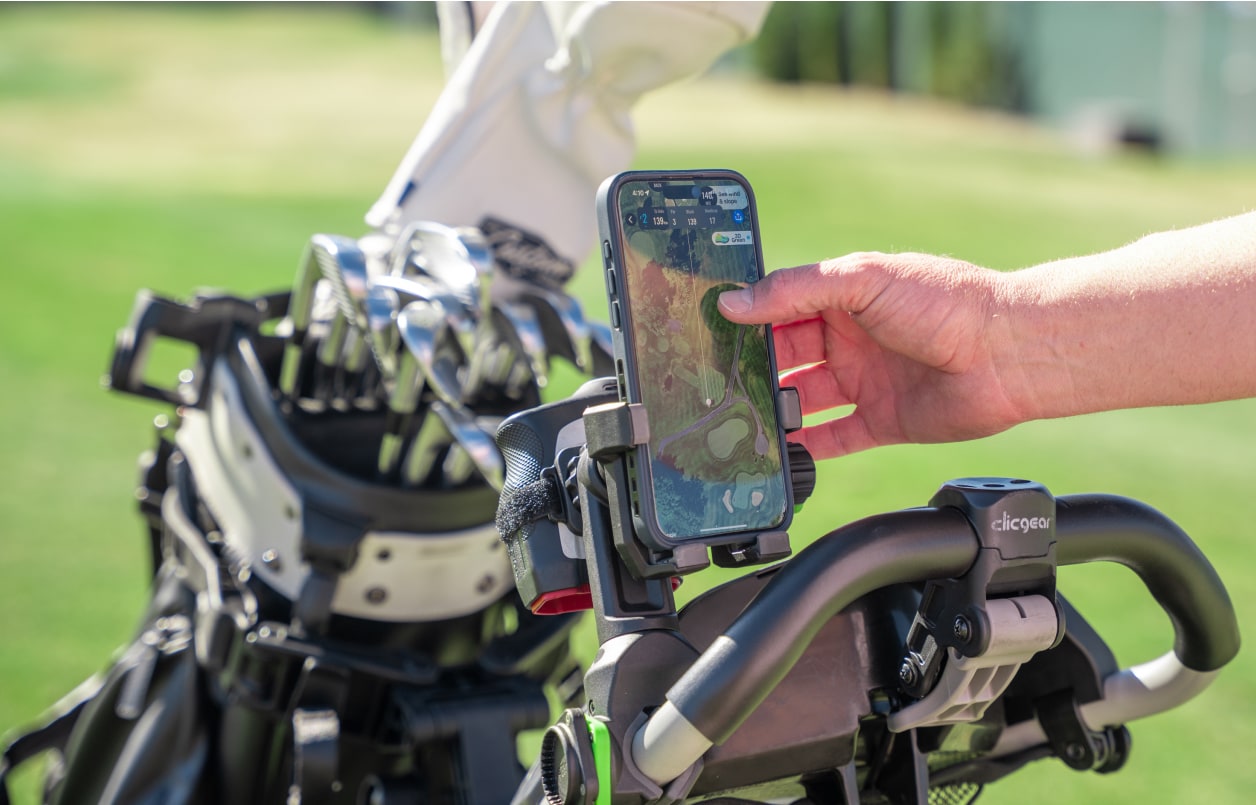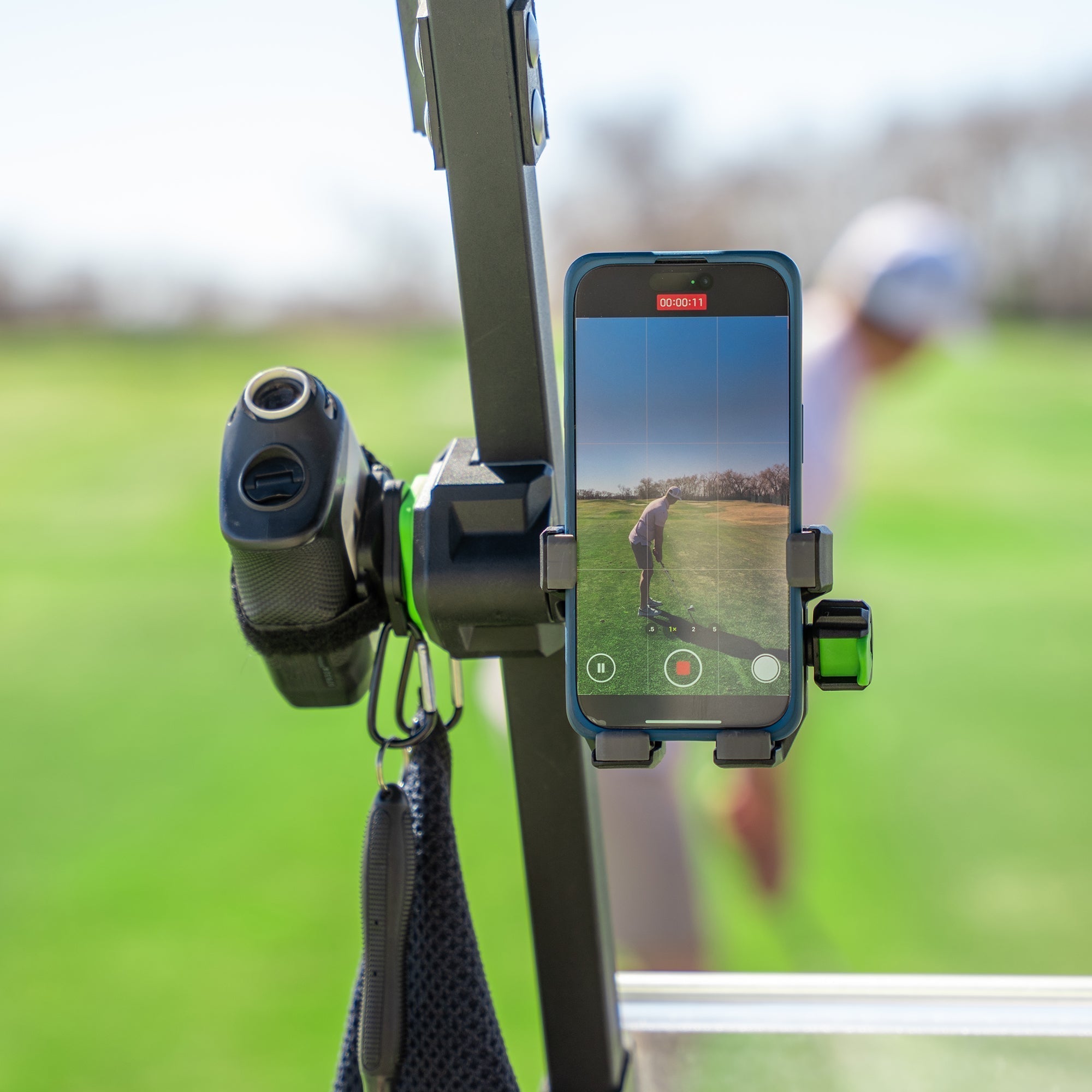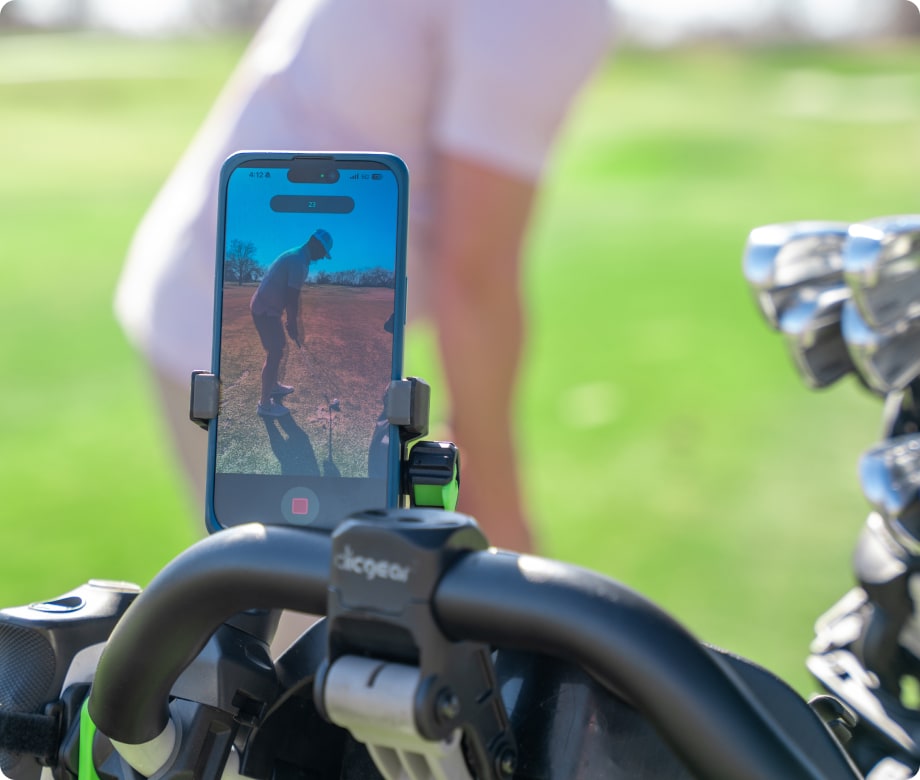After thirty years of watching golfers waste countless opportunities on the course, I've come to a pretty stark realization: most players treat practice rounds like dress rehearsals instead of the learning laboratories they should be.
I see it every week at my home course. Golfers show up for their practice round, play their usual game, maybe hit a few extra putts, then walk off feeling like they've "prepared" for their upcoming tournament or important round. Meanwhile, they've learned absolutely nothing new about their game, the course, or how to actually score better when it matters.
Here's what drives me crazy: a practice round should be completely different from a regular round of golf. If you're playing the same way you always play, you're missing the entire point.
The Mindset Shift That Changes Everything
The first thing I tell students about practice rounds is to abandon your ego at the first tee. This isn't about shooting your best score or impressing your playing partners. This is about gathering intelligence that will make you a better player when the pressure is on.
I learned this lesson the hard way during my early competitive days. I'd show up for practice rounds trying to shoot low numbers, playing conservatively, avoiding anything that might shake my confidence. Then I'd get into the actual tournament and face situations I'd never practiced, shots I'd never attempted, and pressure I wasn't prepared for.
Real practice rounds are messy. You're going to hit shots you'd never attempt during a regular round. You're going to try different strategies, test your limits, and probably shoot higher scores than usual. And that's exactly what should happen.
The Art of Strategic Experimentation
During practice rounds, I encourage students to play multiple balls whenever possible. Hit your safe shot, then hit the aggressive line. Try the flop shot instead of the bump-and-run. Attempt the pin-seeking approach instead of playing to the center of the green.
This isn't reckless golf – it's intelligent experimentation. You're building a database of experiences that you can draw from when similar situations arise in competition. The player who's attempted that tight pin position in practice has a massive advantage over the player who's only imagined it.
I also encourage students to deliberately vary their club selections. If you normally hit a 7-iron from 150 yards, try the smooth 6-iron or the aggressive 8-iron. Learn how these different approaches affect your ball flight, spin, and distance control. Most golfers have no idea how their clubs perform outside their comfort zone.
Course Management Intelligence
Here's where practice rounds become truly valuable: learning the course's hidden secrets. Every course has nuances that only reveal themselves through careful observation and experimentation.
I spend practice rounds studying green complexes from multiple angles. Where are the collection areas? Which pin positions are genuinely accessible, and which ones are sucker pins? How do different approach angles affect your putting options? You can't learn this stuff from a yardage book or GPS device.
Wind patterns are crucial intelligence that most golfers completely ignore. I'll play the same hole multiple times during a practice round, noting how the wind affects different shots at different times of day. That crosswind on the 14th hole might be helping you in the morning but hurting you in the afternoon.
The recovery shots are where practice rounds really pay dividends. Instead of taking a drop when you hit into trouble, play it out and learn. How does your ball react in that particular rough? What's the best angle to approach that greenside bunker? These experiences become invaluable when you're facing similar situations under pressure.
The Mental Game Laboratory
Practice rounds are also perfect opportunities to test your mental routines and emotional responses. I encourage students to simulate pressure situations during practice. Take extra time over putts. Visualize important scenarios. Practice your pre-shot routine when it doesn't matter, so it's automatic when it does.
Track your decision-making patterns during practice rounds. Are you consistently choosing the right clubs? Are you reading greens accurately? Are you managing risk appropriately? This self-awareness is impossible to develop during competitive rounds when you're focused on scoring.
The Documentation Advantage
The students who get the most from practice rounds are the ones who keep detailed notes. Not just yardages and pin positions, but observations about their own tendencies, successful strategies, and lessons learned from failed experiments.
I have students who maintain practice round journals that become invaluable resources for course management and strategic planning. They know exactly which approach angles work best for their ball flight, which recovery shots they can and can't execute, and which mental cues help them perform under pressure.
Making Every Round Count
The beauty of this approach is that every round becomes a learning opportunity. Even casual rounds with friends can include elements of experimentation and observation. You're constantly building your golf intelligence instead of just going through the motions.
After three decades of teaching and playing, I can tell you that the golfers who treat practice rounds as learning laboratories improve faster and perform better under pressure than those who simply try to shoot good scores in practice.
The course is your classroom. The question is whether you're going to be a passive student or an active researcher in your own improvement.
About the Author
PGA of America Golf Professional Brendon Elliott is an award-winning coach and golf writer. Check out his weekly Monday column on RG.org, sign up for his newsletter, and visit OneMoreRollGolf.com to learn more about Brendon and his work.





